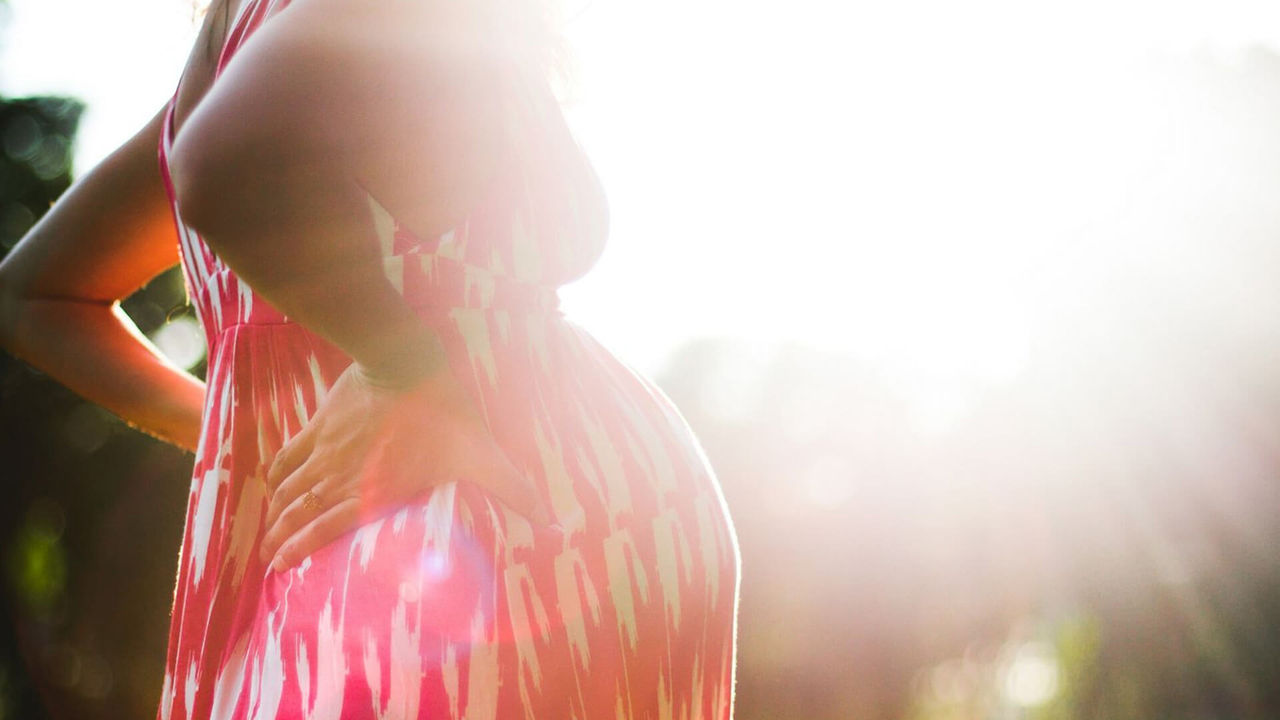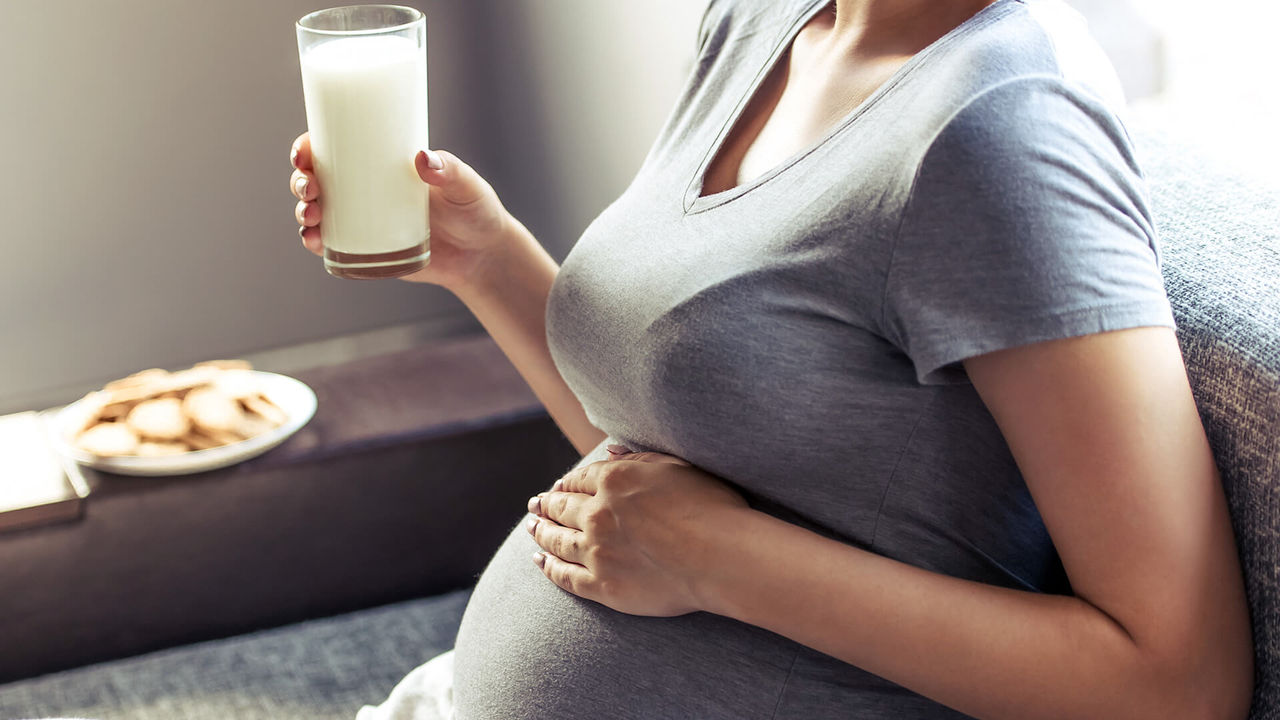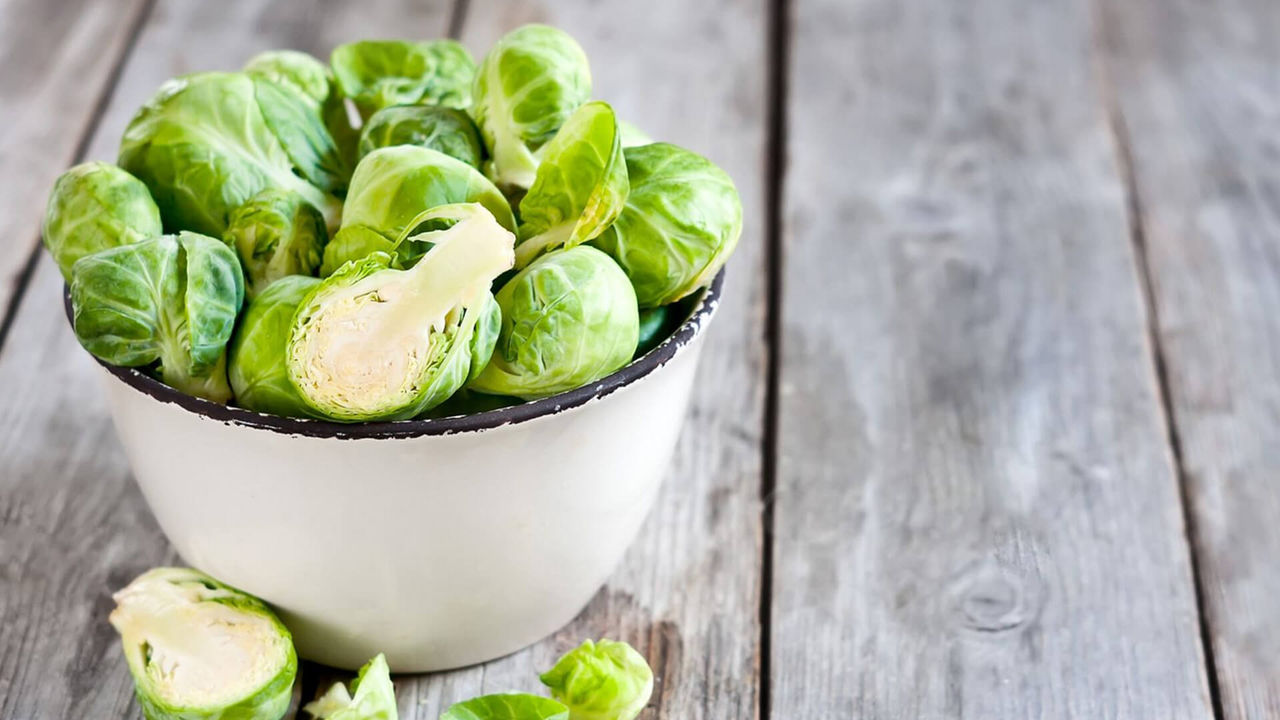- Water keeps our complex bodies working properly, helping to absorb nutrients and flush out toxins
- During pregnancy, the increased demands on your body mean you need more water than normal
- Suitable drinks during pregnancy include water (tap or bottled), milk and fruit juices
How much fluid should you drink each day during pregnancy?

Key points
We may not think of fluids as a significant part of our diet, but an adequate intake of water is essential for your own health and your baby’s development. However, if you have morning sickness, keeping fluids down can be tricky. Learn why it is important for you both and what and how much you should be drinking each day to stay well hydrated during pregnancy.
Fluids: essential for life
A huge proportion of the human body is made up of water. It keeps our complex systems working properly, while helping us absorb nutrients and flush out toxins. During pregnancy, the increased demands on your body mean you need more water than usual to meet these increased requirements and avoid dehydration. Even if you can’t tolerate food due to morning sickness, you should still drink plenty of fluids. Why not try adding a few mint leaves or a squeeze of lemon in your glass of water?
Water and your pregnant body
Some of the most crucial support systems for your baby involve a significant amount of water. For a start, your blood volume that supplies their oxygen, increases. The amniotic fluid, which provides nourishment and cushioning for your baby while supporting their growth, is also made up of mostly water. Getting sufficient fluids each day will help to maintain these life-sustaining systems, while stopping you becoming dehydrated.In combination with a diet rich in fibre, fluids can also help reduce your likelihood of constipation.
When you can’t keep water down
If you’re having trouble keeping fluids down due to morning sickness or a stomach upset, try to take small sips regularly rather than large gulps. Even small amounts add up and can lower your risk of becoming dehydrated; start by taking small sips and gradually increase the amount if you can. You may also find that drinking fluids at room temperature, rather than ice cold, helps. Some mums find that soups and broths can be kept down, while others stay hydrated sipping on ginger tea. It’s a case of trial and error, but any fluid is better than no fluid at all. It’s important if you are drinking herbal teas, to check for a warning label saying “not recommended for pregnant women” or discuss this with your health care professional. In prolonged cases, let your GP or midwife know. They may prescribe something to ease your sickness or, in extreme cases, admit you to hospital to receive fluids through an IV drip.
What and how much to drink when pregnant
Aim for 9 glasses of fluid per day. Water or reduced fat milk are the best choices. If the weather is hot, you have vomited or if you are constipated you may need more than this. Suitable drinks for pregnancy include water, whether straight from the tap (if safe in your area), or bottled (either carbonated or still), milk and fruit juices. Juice can be high in sugar, but providing it is pure fruit, one 125mL glass can also count as part of your daily fruit and vegetable intake. Soup also counts and can provide a good serving of beneficial nutrients too.Try to avoid drinks that are fizzy or high in sugar. With little nutritional value, it’s best to avoid them or try a healthier alternative. You should also limit your intake of caffeinated varieties of tea and coffee. Caffeine can act as a diuretic, increasing your need to urinate. For pregnant women it’s safe to consume up to 200mg per day of caffeine without effect on your unborn baby.
Preparing to drink for two
As you start looking ahead to breastfeeding, you can consider the extra fluid intake you need during pregnancy to be good practice for the even bigger demands of making breast milk. While breastfeeding, your need increases even more to keep your own body hydrated and to provide the water required to produce a good supply of milk. Many mums find that as soon as they sit down to breastfeed, they feel thirsty. This helpful response can make it easier to stay hydrated with enough fluids to support you both. Keep a big glass of water within reach when feeding your baby, day or night.
Tips to stay hydrated during pregnancy
- Keep a glass of water next to your bed and drink it first thing in the morning
- Keep a bottle of water in your bag or on your desk and sip regularly throughout the day
- Buy a 1 litre water bottle and aim to fill and drink the full amount twice a day
- Experiment with water to make it more interesting: a squeeze of lemon, lime or some fresh mint leaves can give it a subtle, welcome flavour
Related pages

Get in touch with our Careline experts
When your little one is unhappy or unwell you want reliable support from a trusted source. Our Careline team of nutritionists, dietitians and midwives specialise in infant and child health, offering free nutrition, feeding and product information.
Every feeding journey is unique
Not every parent can produce breast milk. No matter what choice you make, we will support your unique feeding journey.
We at Nutricia believe in providing the best nutrition for babies, which is why we recognise breast milk is uniquely superior for babies as it provides many benefits. It is important that mums have a healthy diet to support breastfeeding. A decision not to breastfeed, or partial bottle feed, may reduce breast milk supply making it difficult to reverse. The cost and social implications of using feeding methods should be considered. Always seek professional advice about feeding your baby. Ensure formula is used as directed as improper use can affect baby’s health.
REMEMBER: The information on this page is general only. If you have any concerns about your baby’s poo or questions about constipation or any other health concerns, please speak to a healthcare professional, like a Pharmacist, GP or Maternal Child Health Nurse.



